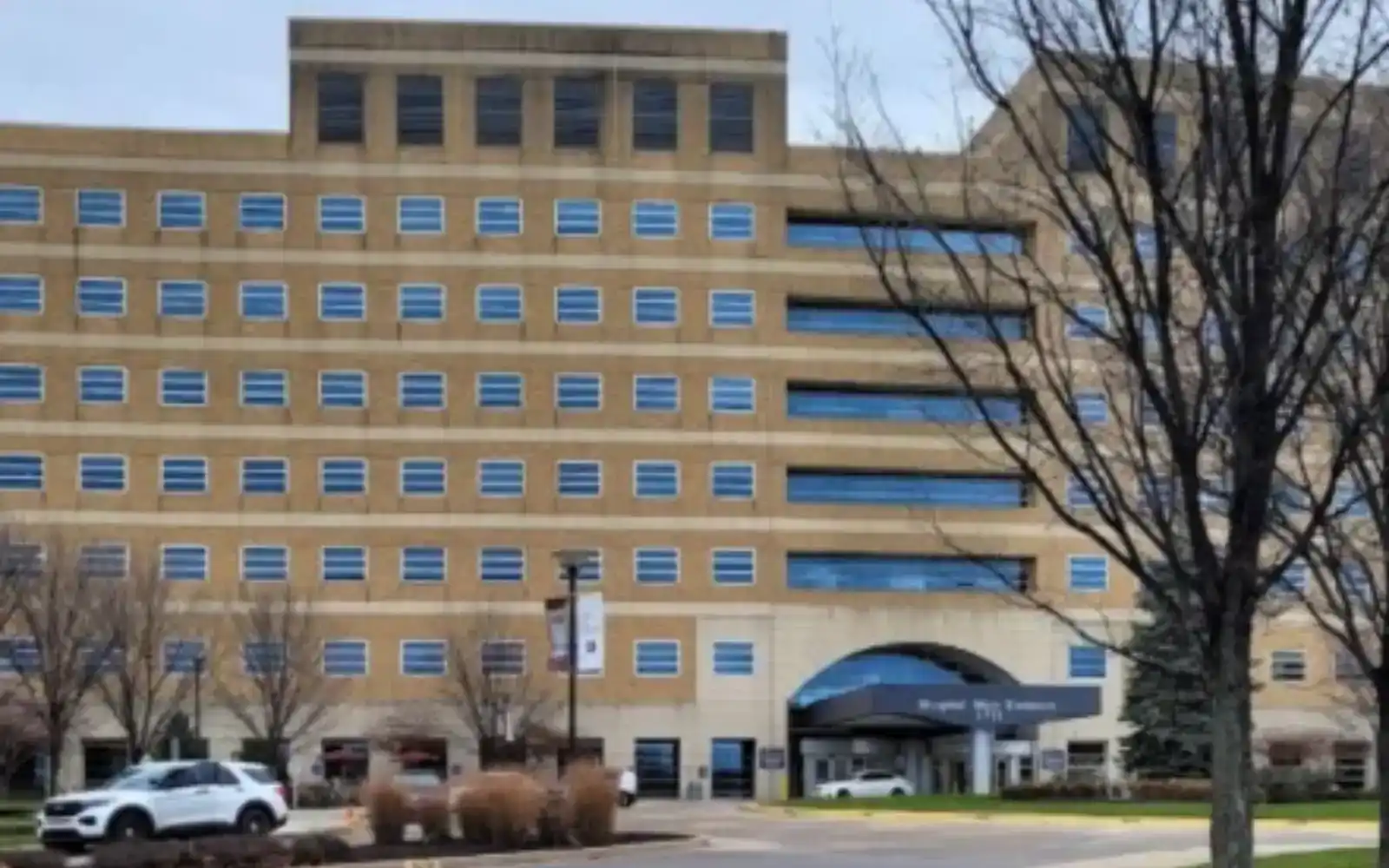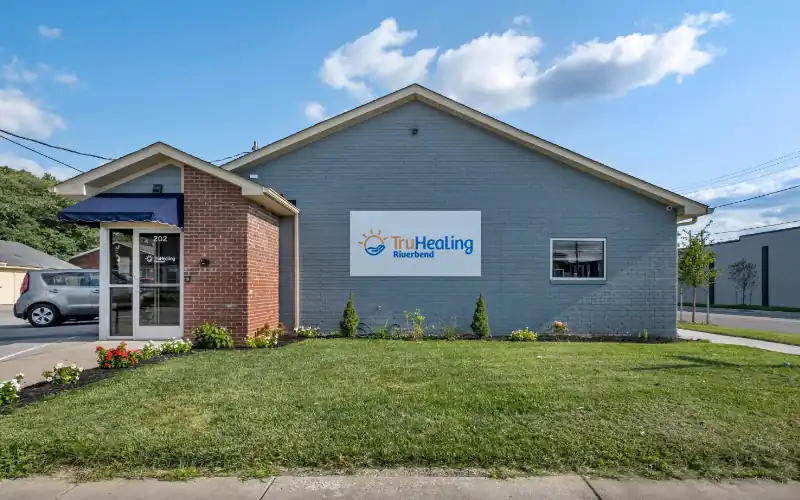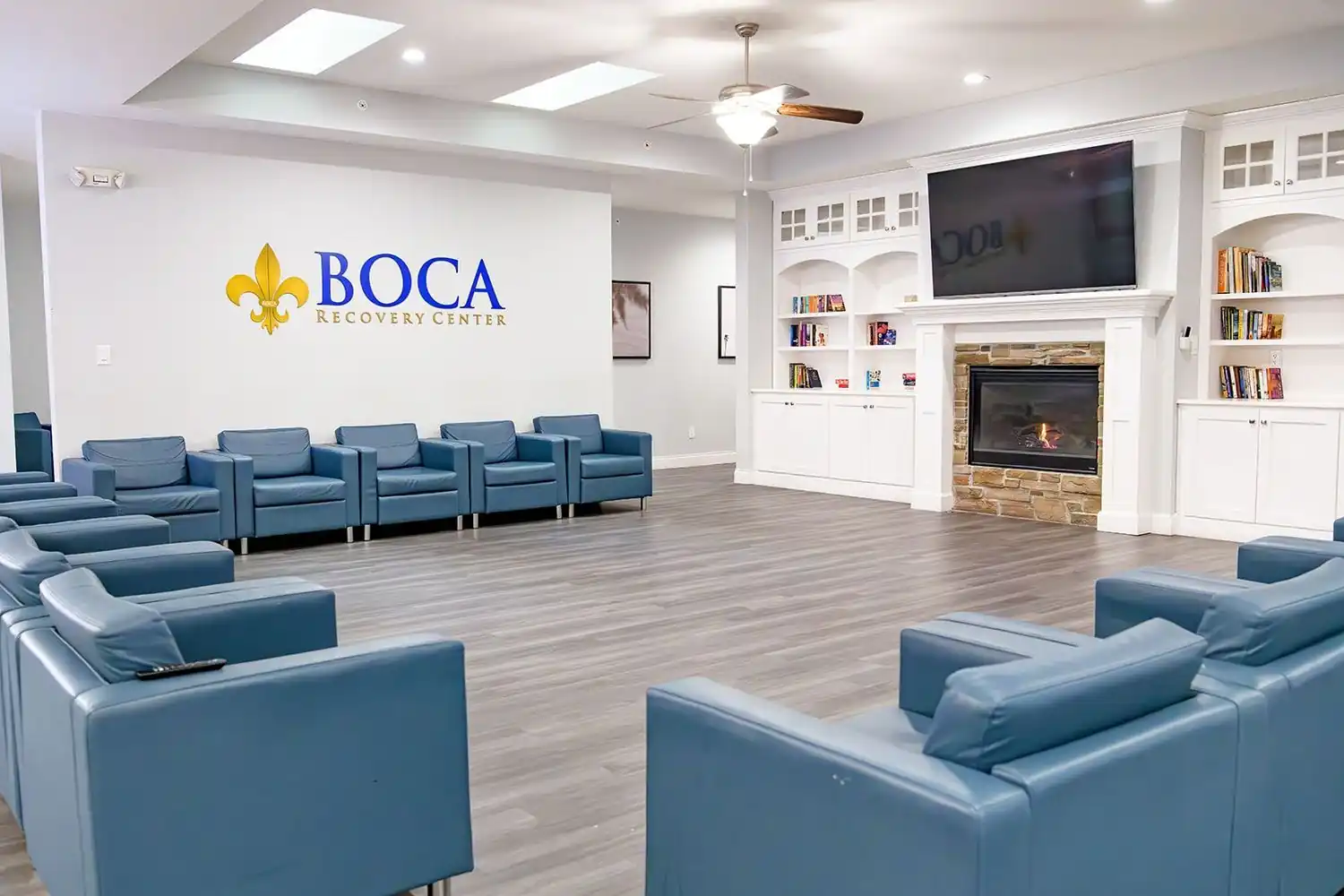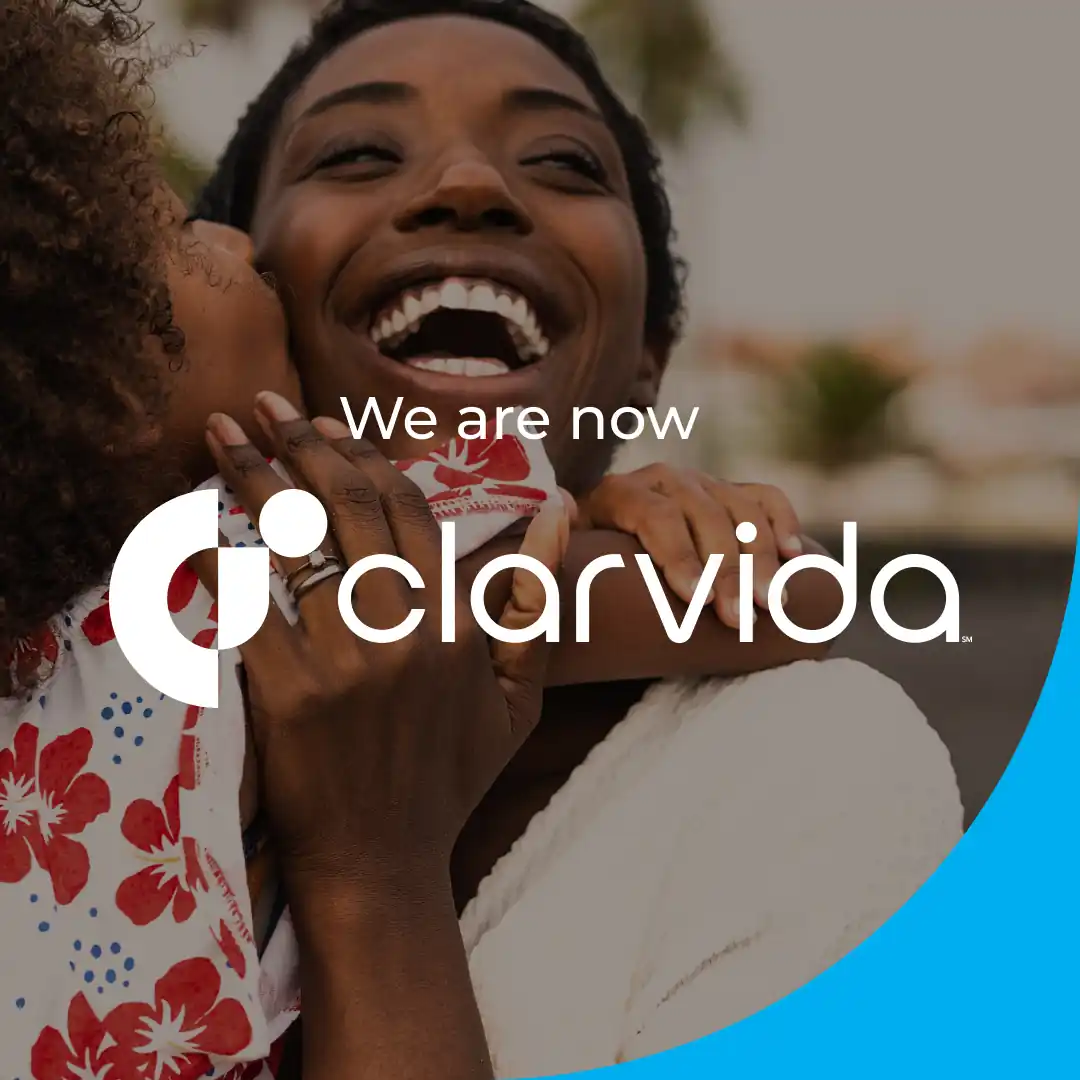Addiction Treatment & Recovery Centers in Indiana
Indiana offers a comprehensive continuum of addiction treatment services for individuals struggling with substance use and co-occurring mental health disorders. The state’s treatment network includes medically supervised detoxification, residential and inpatient rehab, outpatient and intensive outpatient programs, and aftercare support. Indiana is home to advanced treatment centers such as the Indiana Center for Recovery, IU Health Addiction Treatment Center, and numerous other facilities dedicated to personalized, evidence-based care.

















